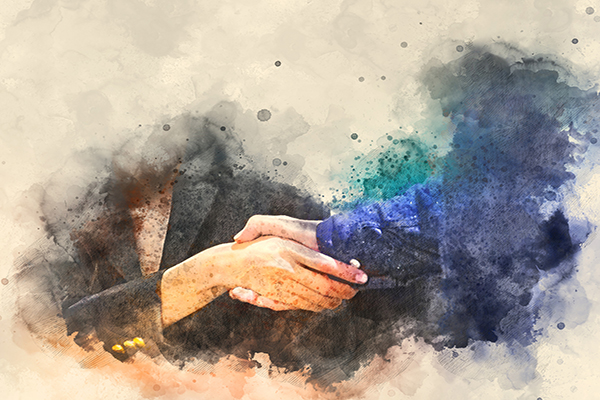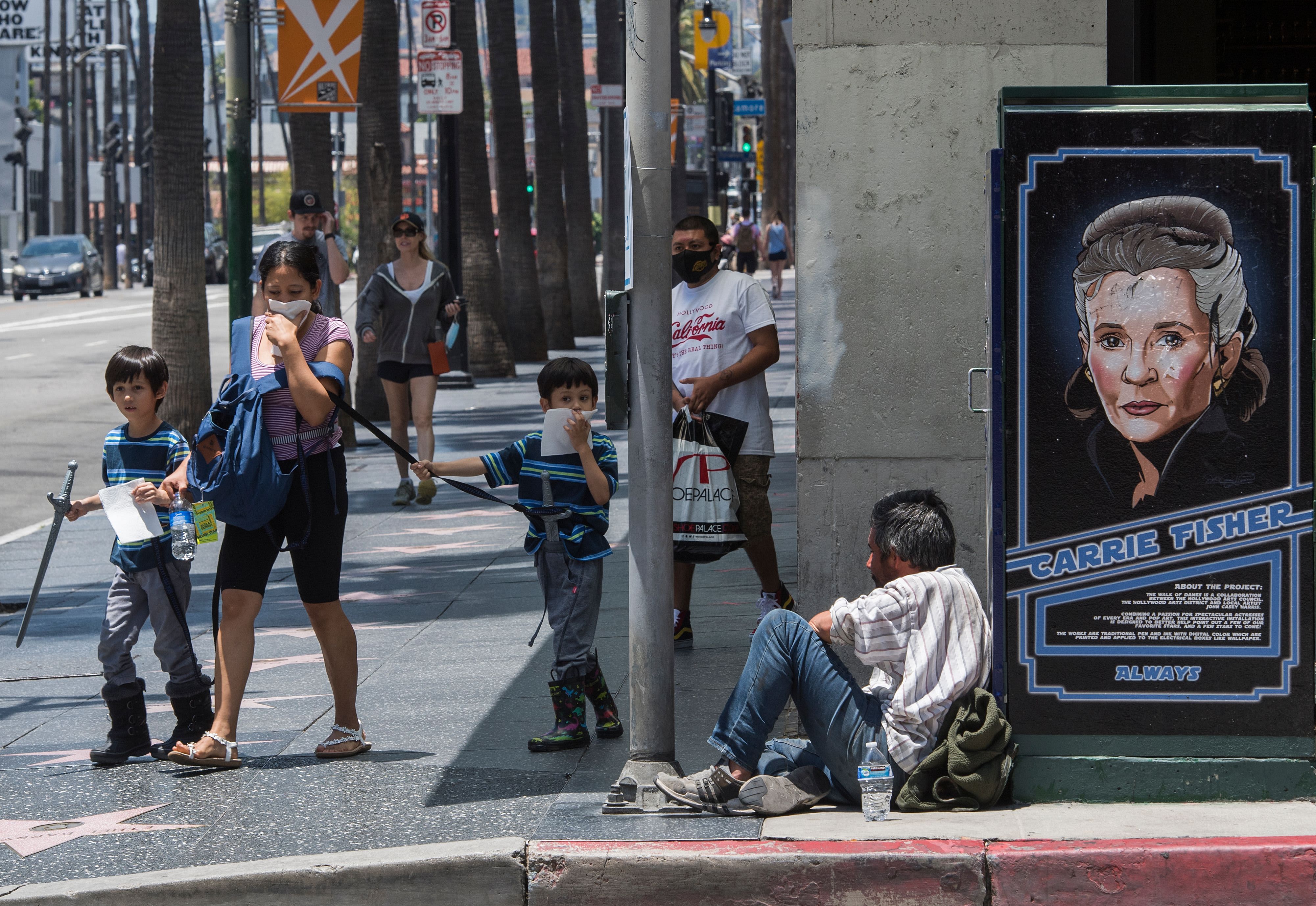What is Civic Engagement?

Civic engagement means working to improve the civic life of our communities and acquiring the knowledge, skills, values, and motivation to do so are all components of civic engagement. Promoting a community's quality of life through both political and non-political means is what this means. (Oryx Press)
Working to improve the civic life of our communities and acquiring the knowledge, skills, values, and motivation to do so are all components of civic engagement. It entails improving a community's standard of living through both political and non-political means. A person who is morally and civically responsible understands that he or she is part of a larger social fabric and that social problems are, at least in part, his or her own; Such a person is willing to see issues from a moral and civic perspective, to make and defend informed moral and civic judgments, and to act when necessary. (New York Times)
For me, civic engagement means your work to improve public life in your society. For example, creating a program to clean up the city. Another example is public art on the streets, such as murals or things that are legal. Civic engagement is an individual's improvement in any way in his or her community.
Problem Definition


Homelessness is a problem that plagues America's largest cities. Homelessness not only affects people in the state but also those living in the community. Aside from the obvious, it also affects people in the community in ways such as safety and the city's lack of cleanliness. In Los Angeles, it is the biggest problem, and even more so in Hollywood. Hollywood is one of the most visited parts of the city and one of the most visited parts of the United States by tourists and this problem causes people not to come out of fear or disappointment.
A. Holly explains that this problem increased during the pandemic, making Los Angeles the second city in the country with the largest homeless population. "Second only to New York City, the 2020 Greater Los Angeles Homeless Count showed that 66,436 people in the county were experiencing homelessness. This represents a 12.7 percent rise from 2019, with the city of Los Angeles reporting a 16.1 percent jump to 41,290." (A. Holly) LA is the home city to “the movie stars and Hollywood glitz and glamour." (A. Holly) She explains that this problem is getting worse and worse but there is no close solution.

Dough explains that although the official homeless population data shows that the homeless population is down, the reality is different. Contrary to official data, the homeless population increased to 18%. "Researchers who zeroed in on those three areas, returning dozens of times over a year, recorded large increases in unsheltered homelessness: 13% in skid row, 14.5% in Hollywood, and 32% in Venice, averaging out at 18%." (S. Doug) One of the data is that the largest homeless population is predominantly male and disproportionately Black. As well as 80% of the homeless have had this status for more than one year and 57% for more than three years.
Homelessness is a problem that I find very sad. I grew up in Mexico and when I was 19 years old I came to the United States I have been living in Hollywood for 5 years. It is impressive to arrive in Los Angeles, one of the most important cities in America, and see how the streets of this city are invaded by people and garbage. For me, the United States (at least in the movies) looked like everything was clean and organized compared to Mexico. But the first time I came to visit in 2013 I was very surprised and now this problem has grown even more.

During these 5 years, I have gone through a lot of stories with the Homeless. In the beginning, I was very afraid and when I saw a homeless person I would go to the other side of the street or I was very cautious, but my perspective has changed a lot. I think the biggest problem for me living in Hollywood is filth. The streets are very dirty, and after the pandemic, they have not cleaned the streets with these two problems the streets smell bad and there are more and more homeless.
3 years ago, I started working in a coffee shop on Sunset Blvd and the homeless became very normal for all my shifts. I can say that every day I work a homeless person comes in to ask for food, or water or just steal a box of cookies. But there have also been times when there are aggressive people, for example, once a person threw orange juice on the counter and almost hit one of my coworkers. But over time we have learned to ask them if they want bread or something to eat to prevent them from getting aggressive. Just like at my job, when I am on my way to work since it is a 15-minute walk I have had many bad experiences. I think my biggest fear is working at night and since almost all of my coworkers are women, I feel very insecure when a person comes in and I don't know what is going to happen.
I chose this problem because it's something I have to deal with every day, whether it's at work or walking out of my building. I consider it to be the biggest problem in Hollywood and I have never seen an improvement, on the contrary, it is becoming a bigger and bigger problem. Not only the physical aspect of the city but also the safety is what has affected me. I know that homeless people are human beings and we have to respect them, but I also have problems with this because it is difficult as a woman to feel uncomfortable and afraid.
Gathering Evidence
My work is the place where I have been most affected by homelessness and that is why I chose two of my co-workers to talk about this issue. My co-workers are Leticia and Javier, they expressed that they are interested in the project and would like to participate in my project.
Leticia explained that “We have a new story about a homeless person who came to work every day. For me homeless exists because of the government because they prefer to be in this status without working and the government gives them money. This problem is related to the fact that government assistance affects people who prefer to be homeless and not work because the government will help them anyway.”
On the other hand, Javier explains “My perception has changed, at the beginning when I arrived in America, I was angry with the homeless and did not understand why they did not work and I thought it was because they were lazy. But nowadays I think it is very sad that homeless people because they have no security and sometimes not even food. The biggest problem for me is insecurity because I am afraid and I think it is very dangerous to go out. I think that this problem is caused by drugs because many people fall into drugs and become homeless. The other day I saw a homeless person lying on the bus and the driver did nothing to move him. Then an old person was asking the driver if she can call someone to check on the homeless but she refused to do it and she started yelling at the old person. The old person got off the bus because he was not feeling safe. I think is so sad that these types of stories are really common in our community and I think this should change.”

(Leticia and Javier)
Works Cited
Aguirre, Holly. “Homeless in Hollywood: LA's Rough Sleepers on the Rise amid Pandemic.” The National, 15 Dec. 2021, https://www.thenationalnews.com/world/us-news/2021/11/09/bright-lights-big-problem-homelessness-surges-in-los-angeles/.
“Civic Engagement - What Is Civic Engagement?” The Policy Circle, Jan. 2021, https://www.thepolicycircle.org/brief/whats-whys-civic-engagement/.
“The Definition of Civic Engagement.” The Definition of Civic Engagement, The New York Times, 7 July 2003, https://archive.nytimes.com/www.nytimes.com/ref/college/collegespecial2/coll_aascu_defi.html?pagewanted=print.
Smith, Dough. “Rand Survey Finds Homelessness up 18% in L.A. Hot Spots Where the Official Count Recorded Decreases.” Los Angeles Times, Los Angeles Times, 26 Jan. 2023, https://www.latimes.com/california/story/2023-01-26/rand-survey-finds-homelessness-up-18-in-l-a-hot-spots-where-the-official-count-recorded-decreases.













